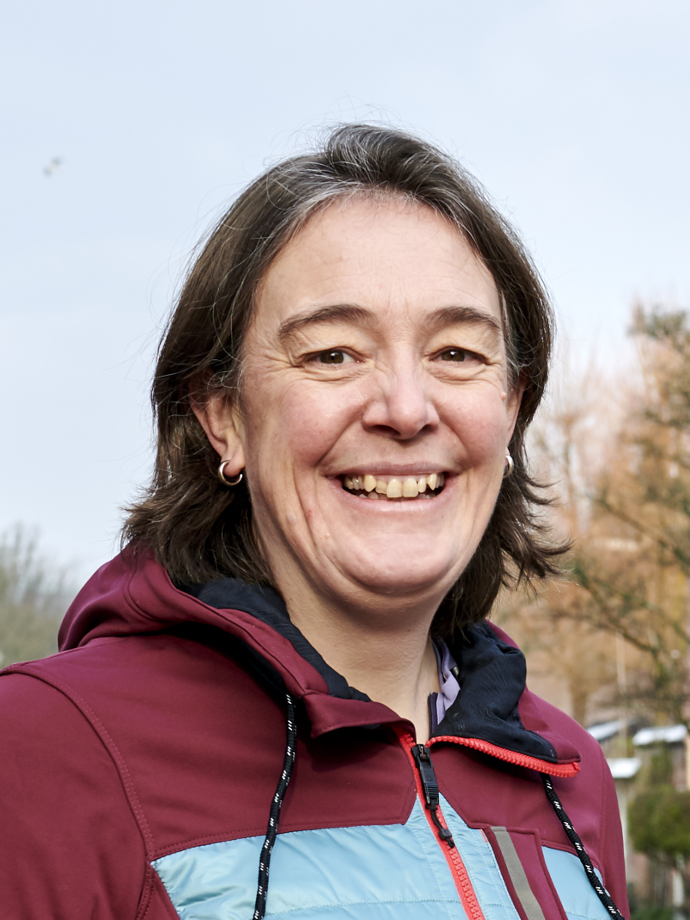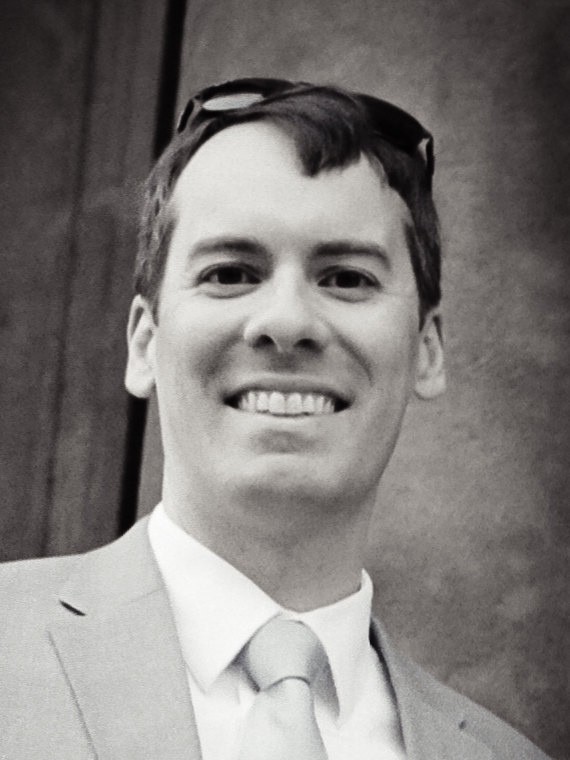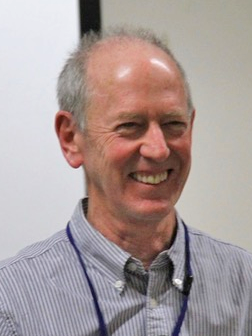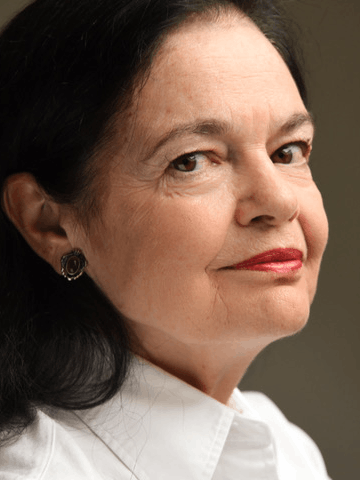Keynotes
Conference Keynotes
 |
Francien Dechesne (Leiden University, NL) Interdisciplinary requirements engineering for moral considerations in algorithmic systems |
Abstract
With computational systems entering more and more aspects of our society, the type of requirements we have for those systems have expanded to the societal and moral domains. When can we say that “automated” decisions based on data-analytics produce “better” outcomes than our human decisions? Driven by a few high profile cases of automated decision systems that are found to make “unfair” decisions, an entire body of work has sprung up to address the translation of societal requirements of fairness into implementable and testable formalisations for machine learning systems.
I will talk about different possible formalisations of requirements such as “fairness”, their connections to legal and moral conceptions, and in particular about their limitations. Some of these limitations have to do with limitations in the correspondence to the legal and moral conceptions at stake, but some limitations can also be due to formally provable incompatibilities. I will argue that the latter stand of research is useful and interesting contribution by the formal sciences to this highly multidisciplinary, complex and deeply engrained societal issue.
Speaker’s Bio
Francien Dechesne is assistant professor at the eLaw Center for Law and Digital Technologies within the Leiden Law School. She studied mathematics and philosphy, holds a PhD in logic and has postdoctoral research experience in the field of formal verification of computer security. Her interest in formalizing non-functional requirements (like “security”) brought her to shift her focus on to “Value Sensitive Design” for information technology (with Jeroen van den Hoven, TU Delft) and the broader societal and moral implications of the expanding use of information technology in our lives (TU Eindhoven). In 2015, she joined eLaw in Leiden to coordinate the SCALES project on Responsible Innovation with data-analytics, funded by the Dutch Research Organisation (NWO). With her interdisciplinary background, she positions herself as translator between discourses in technological and regulatory development.
Francien has participated in the IEEE SA P7003 working group on Algorithmic Bias considerations, In connection to the IEEE Global Initiative on Ethics of Autonomous and Intelligent systems.
 |
David Marcos (Microsoft, USA) Ethics @ Scale: Governing Responsible Innovation in the Cloud |
Abstract
Artificial Intelligence and the continued growth of Cloud is necessitating a sea change in the technology sector wherein ethics is becoming paramount. As ethics programs develop across the technology industry, practical and scalable governance is critical to safeguard against harms while developing responsible products for customers. Building upon the experiences of security and privacy programs, Responsible Innovation Governance is an approach to support the development of responsible products through a scalable program that translates ethical and legal issues into meaningful and practicable engineering solutions. This talk will discuss the basics of a Responsible Innovation Governance Program, focusing on structure, methodology, and associated challenges in both translating ethics into practical requirements and building out an at-scale program across the Cloud.
Speaker’s Bio
David Marcos leads Responsible Innovation Governance and Compliance for Microsoft’s Cloud & Artificial Intelligence division, driving the build-out of ethics governance for AI. Prior to this position, David was Chief Privacy Officer of Microsoft’s Cloud & Artificial Intelligence division, driving privacy governance and supporting build-out of privacy engineering solutions for GDPR.
Previous to employment with Microsoft, David worked for the National Security Agency, holding a variety of positions, most notably technical director of the NSA Office of Civil Liberties and Privacy, deputy technical director of the NSA Office of the Director of Compliance, and privacy research lead in the NSA Research Directorate. David specializes in privacy engineering and governance, focusing on legal automation and ethical computation in cloud technologies. David is both a Certified Information Privacy Manager and Technologist (CIPM/CIPT).
 |
Jeff Kramer (Imperial College London, UK) RE @ runtime – the challenge of change |
Abstract
All systems are subject to change. Providing rigorous techniques and tools to support software requirements engineering so that it could potentially be performed online, at runtime, is certainly challenging. However the rewards could be great. Performing RE at runtime has the potential not only to enable software self-adaptation, but also to provide support for change in general by suggesting possible remedies to engineers. What we need are rigorous, comprehensive, and pragmatic techniques and tools to deal with the challenges that run-time change presents. This talk will present our motivation and vision, and suggest possible approaches using techniques such as model checking, learning and synthesis to try to support RE change and adaptation.
Speaker’s Bio
Jeff Kramer is Professor of Computing at Imperial College London. His research work is primarily concerned with software engineering, with particular emphasis on evolving software architectures, behaviour analysis, the use of models in requirements elaboration and self organising adaptive software systems. An early research result was the DARWIN language for evolving distributed architectures, and more recently was the Three Layer Model for self-adaptive systems. One of the major research challenges in self-managed adaptation is the need to perform requirements analysis at runtime.
Jeff has been involved in many major conferences and journals, notably as program co-chair of ICSE in Los Angeles in 1999, general co-chair of ICSE 2010 in Cape Town, and Editor in Chief of IEEE TSE from 2006 to 2010. His awards include the 2005 ACM SIGSOFT Outstanding Research Award and the 2011 ACM SIGSOFT Distinguished Service Award. He is a Fellow of the Royal Academy of Engineering, Fellow of the ACM, and a Member of Academia Europaea.
Industry Day Keynote
 |
Suzanne Robertson (Atlantic System Guild, UK) Business Analysis Agility: how business analysis works with agile development |
Abstract
Business analysts are just as indispensable as they always have been, but now we need to work differently, in a more agile way, to fit with agile development.
This talk shows you how to do that. It is about three things:
- Too many projects start with an assumed solution, often by recording this assumed solution as a backlog. This talk shows you a better way to start.
- Spend enough time with the customers to understand their work, their desired outcome, and what it is they value. We talk about generating alternative candidate solutions and testing them using quick, safe-to-fail probes. The justification for multiple candidates is to get away from the assumed solution, and validate the customer’s problem space by exploring different ways to solve it.
- Use a story map to organise the stories written by the business analysts. The BAs write the stories in units corresponding to business events. The product owner prioritises the story map (which is in effect prioritising the business events) and thereby synchronises the work of the business analysts with that of the developers.
Speaker’s Bio
Suzanne Robertson is enjoying a stellar career in business analysis, information technology and systems engineering. She is a teacher, practitioner, writer, instructor, and guide. Suzanne is a pioneer in adapting ideas from other domains for automated solutions. She has collaborated in workshops using experts from fields as diverse as modern music, visualization, and cookery. Ideas from these domains were adapted to make major breakthroughs in creative ideas for domains ranging from air traffic control to local government.
She has authored and co-authored seven books – for example “Mastering the Requirements Process” is in its third edition and is widely used in both commercial and academic fields. Her latest book is Business Analysis Agility focusing on how Business Analysts can work with agile development teams. Suzanne has published numerous papers, courses and videos and has presented workshops and keynotes at a variety of conferences. She is the co-creator of the Volere requirements techniques and the Volere requirements template. She was the founding editor of the Requirements Column in IEEE Software.
For more on publications and videos please refer to www.volere.org
Suzanne is a founder and principal of the Atlantic Systems Guild a systems engineering think tank. She is currently collaborating with her colleagues on a project that explores Workplace Culture – what influences it and how to bring about positive changes.
Her other interests include opera, cooking, skiing, and finding out about curious things.

